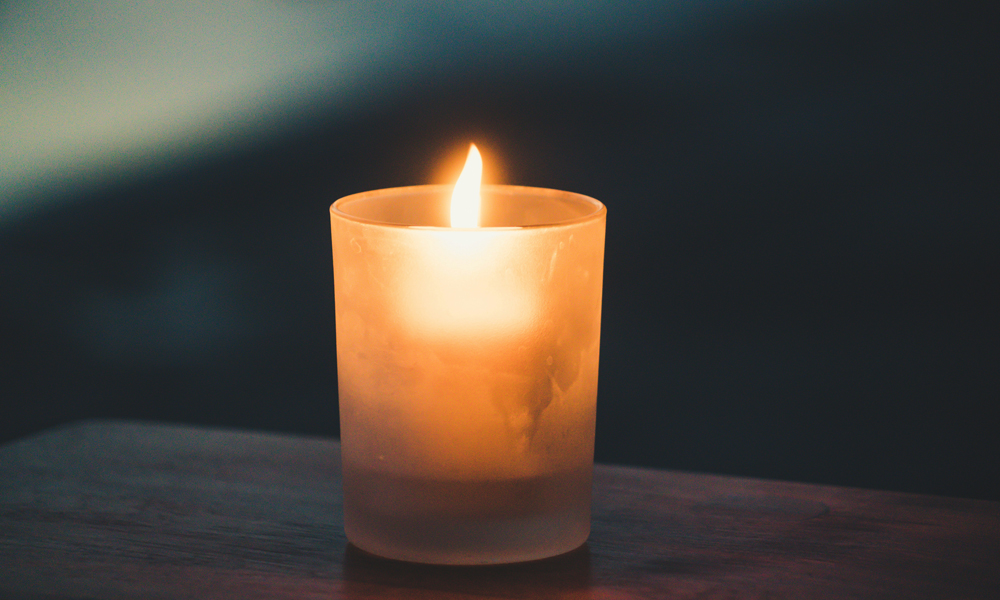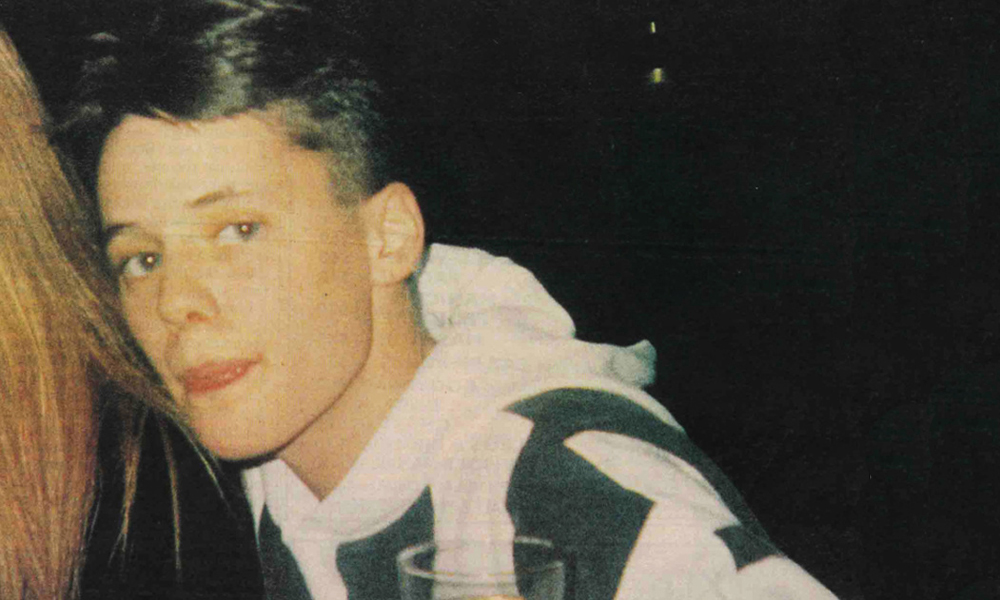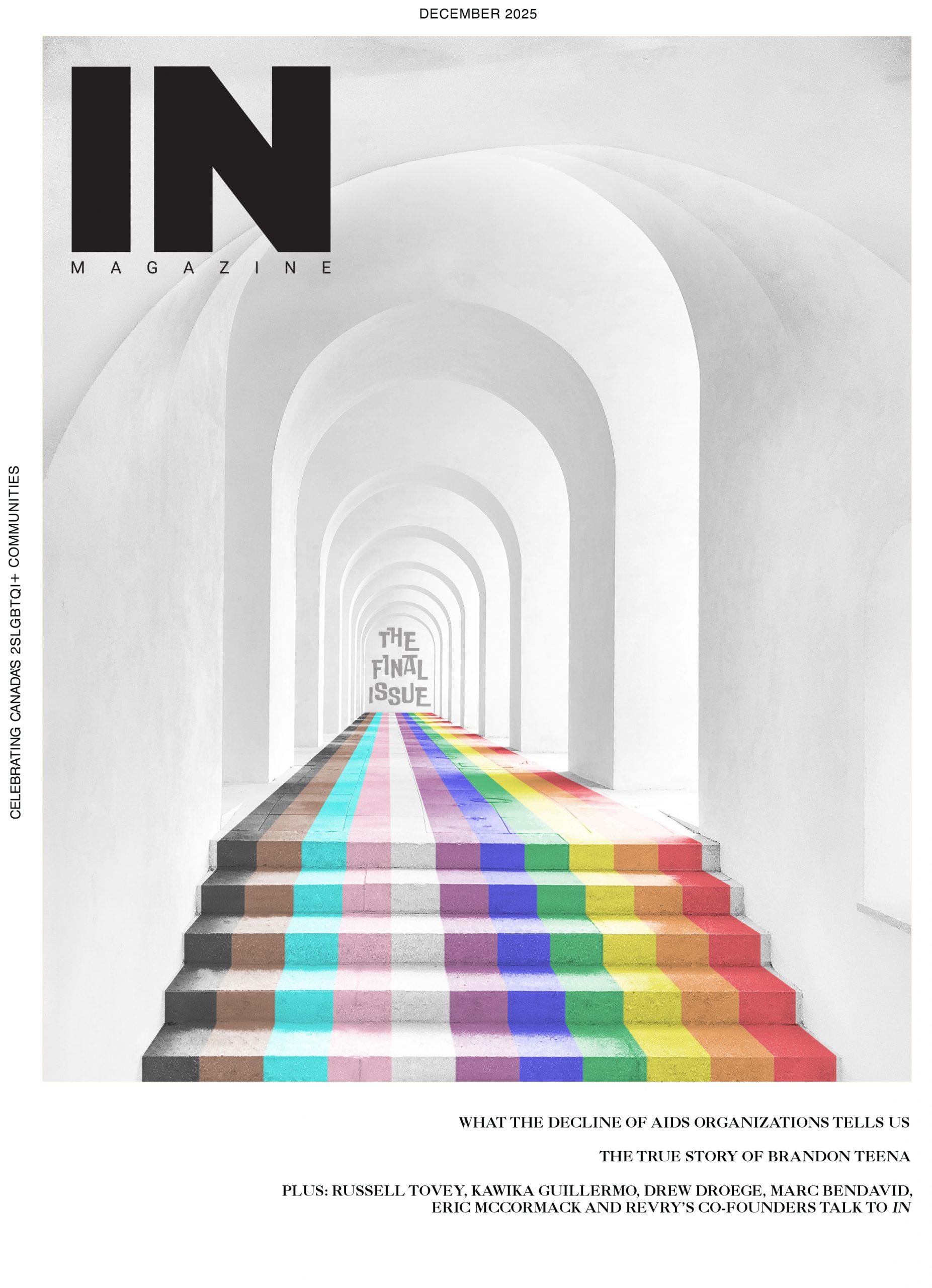Kim Davis is back — and this time, she’s asking the U.S. Supreme Court to erase the ruling that made marriage equality the law…
The clip is burned into internet memory. A pair of men walk up to a counter in a small office in Morehead, Kentucky. They ask for a marriage licence. The clerk, Kim Davis, says no. She tells them she is acting under God’s authority. Someone records the exchange, and by the end of the day the video is everywhere. That was 2015, days after the United States Supreme Court recognized same‑sex marriage nationwide in Obergefell v. Hodges. Davis refused to issue licences to same‑sex couples, then stopped issuing licences to anyone at all. A federal judge ordered her to follow the law. She refused again and spent five days in jail for contempt of court.
A decade later she is still in the fight, and the stakes are higher. In 2025 Kim Davis is asking the Supreme Court to hear her case and to overturn Obergefell entirely. This is not a technical appeal about paperwork. It is a direct swing at the legal foundation of marriage equality in the United States. For readers in Canada, where marriage equality has been law since 2005, the Davis saga is a reminder that rights can be treated very differently on either side of the border.
Kim Davis 2025 Update: A Supreme Court Petition to Overturn Obergefell
Here is the short version of the current moment. After losing in trial court and on appeal, and after a 2023 jury awarded damages to one of the couples she turned away, Davis and her lawyers have filed a petition asking the Supreme Court to take her case. The filing does two things at once. It argues she should not be personally liable for the harm the couples proved at trial. It also urges the Court to declare Obergefell wrong and to return control of marriage law to individual states.
Her lawyers frame the issue as a clash between faith and government duty. They say a public official should be able to refuse a service when the law conflicts with religious conviction. That framing has been tested again and again in court. Judges have been clear that a private citizen has broad religious freedom, but a government official does not have the right to deny someone else’s constitutional right while on the job. In 2019, 2022 and 2025, panels of the Sixth Circuit Court of Appeals rejected Davis’s immunity arguments. The 2023 jury verdict was a further public accounting of the harm done to the couples who were turned away.
Whether the Supreme Court will take the case is unknown. Petitions are long shots by design. Still, the Court’s recent willingness to revisit precedent has made this petition a front page story. If the Justices grant review, the case becomes a national test of how far a public servant can use personal belief to block a civil right.
How Kim Davis Became the Anti‑Gay Marriage Clerk
Kimberly Davis worked in the Rowan County Clerk’s office for more than twenty years before she became a headline. Her mother held the same office for decades. In January 2015 Davis took over as clerk. Six months later Obergefell recognized same‑sex marriage across the United States.
Rather than sign a licence for a same‑sex couple, Davis ordered her office to stop issuing marriage licences altogether. Couples who had every legal right to marry were sent away. Several recorded their encounters on their phones. The most widely viewed clip shows Davis refusing a licence and citing God’s authority in her office. The footage spread quickly. Protesters and television cameras arrived. National figures seized the moment. A federal judge issued an injunction requiring Davis to issue licences. The Supreme Court declined to step in for her. She refused again. On September 3, 2015, U.S. marshals took her into custody.
When Davis was released five days later, her deputies began issuing licences without her name on them. Kentucky eventually changed the licence form statewide so that the clerk’s name did not appear. Davis did not resign. She campaigned for religious accommodation, authored a memoir, and moved from local official to conservative media fixture.
Contempt, Jail, and a Rapid Turn onto the Political Stage
The imagery around Davis’s release was deliberate. There was a rally outside the jail. Former Arkansas governor Mike Huckabee stood beside her. Religious broadcasters interviewed her at length. Within weeks she said she no longer identified with the Democratic Party and switched to the Republicans. The move made sense in a state that had been shifting right for years. It also aligned her with a national network of religious right organizations who were eager to point to a living example of someone who claimed to be punished for her Christian beliefs.
In the background, the legal case continued. Couples who had been denied a licence sued Davis in federal court. The central questions were straightforward. Did a government official violate their rights when she refused to issue a licence after the Supreme Court had recognized their right to marry. If so, could she be held personally responsible for the harm they described in court.
The Lawsuits She Lost and Why She Lost Them
Across multiple rulings judges returned to the same core idea. Government is bound by the Constitution. A public servant cannot use personal religious rights as a shield to deny someone else’s constitutional right. Courts in 2017 and 2019 allowed the couples’ claims to move forward. In 2022 and again in 2025 the Sixth Circuit rejected Davis’s claim to qualified immunity. That doctrine protects officials in some contexts, but it does not protect an official who violates a clearly established constitutional right. After Obergefell there was no legal ambiguity about the right to marry.
In 2023 a federal jury heard testimony from David Ermold and David Moore, one of the couples Davis refused to serve. The jury awarded each man 50,000 dollars in compensatory damages. Jurors accepted that the refusal caused real distress, not just inconvenience. Another couple, James Yates and Will Smith, received no damages. Davis’s lawyers said they would appeal again, which is what set the stage for the 2025 Supreme Court petition.
The rulings also pushed back on a broader strategic claim. Davis and her lawyers said that allowing same‑sex couples to marry intrudes on religious liberty. Courts answered that marriage equality does not stop anyone from believing or preaching what their faith teaches. It simply restricts what a government office can do to people who do not share that faith.
From Kentucky to Romania
After the 2015 jailing, Davis became a frequent speaker at events hosted by religious right groups. In 2017 she travelled to Romania with a lawyer from Liberty Counsel. The tour promoted a referendum to define marriage in the Romanian constitution as between a man and a woman. The message to audiences was that redefining marriage harms religious freedom. The referendum later failed due to low turnout, but the trip showed how Davis’s story was being used outside the United States as a cautionary tale for conservative activists.
What This Looks Like in Canada
If you live in Canada the Davis story can feel surreal. Parliament passed the Civil Marriage Act in 2005. Equal marriage has been part of the legal landscape for two decades. Provinces and territories administer licences. A clerk cannot refuse service because a couple is gay. That would conflict with the Charter of Rights and Freedoms and with provincial human rights codes. There is space for religious freedom in private life and in houses of worship. There is no space for a public official to deny a licence based on religious belief.
That clarity shapes daily practice. When you apply for a licence in Ontario or British Columbia, the paperwork lists the statutory requirements and fees. The clerk checks the documents and issues the licence. Personal beliefs are not part of the process. If a clerk tried to copy Kim Davis and shut the counter to everyone rather than serve a same‑sex couple, they would face discipline and likely removal, followed by litigation they would almost certainly lose. The Canadian legal system has made the boundaries very clear.
The Culture Around the Case
Kim Davis has been a Rorschach test since 2015. To some she is a woman of faith who refused to bend. To others she is the definition of an official using state power to hurt people she did not approve of. Media coverage reflected that split. Conservative outlets framed her as a conscience case. Late night shows mocked the hypocrisy of a public official on her fourth marriage turning away other couples in the name of the sanctity of marriage. The Vatican meeting story flared and faded, which is telling on its own. Her most reliable platform has been the American religious right, where she is still introduced as the clerk who went to jail rather than sign a licence.
The public also watched what happened after the rallies ended. She ran for a second term in 2018 and lost. The people who stood in her lines did not send her back to office. The couples she rejected followed their cases through the slow steps of litigation and won a measure of compensation. None of that is dramatic. It is the steady work of a legal system drawing a boundary between belief and government duty.
The Argument She is Making Now
Davis and her lawyers are asking the Supreme Court to do two extraordinary things at once. First, they want the Court to wipe out the damages verdict by declaring that she cannot be held personally responsible for what happened in her office. Second, they want the Court to overturn Obergefell. They argue that the Constitution does not protect a right to same‑sex marriage and that the decision should be returned to individual states. They say Obergefell relies on an improper reading of due process and that public officials should not be forced to participate in a process that violates their faith.
Those claims run up against legal and practical problems. Even in states with strong protections for religious freedom, courts have drawn a bright line around the duties of public offices. Issuing a licence is a ministerial act. It does not endorse a particular theology. It confirms that the applicants meet the legal criteria to marry. If a clerk could veto a licence because of personal belief, the rule of law would fracture into a patchwork of individual gatekeepers with conflicting standards.
How to Read This Across the Border
The Canadian angle is simple. We do not treat fundamental rights as the personal gift of a clerk. The right exists, and public services are built to reflect that right. If you have lived in Toronto, Sudbury, Calgary, or Halifax for the last twenty years, marriage equality is not an abstraction. It is part of daily life, from family law to hospital visitation rules to tax forms. That is why stories like Davis still land with a jolt here. They reveal how quickly a right can be narrowed if it lives at the mercy of changing court majorities.
A Clear Takeaway Without the Slogans
Kim Davis was not punished for praying at her desk. She was punished because she used a government office to deny a legal right to people who met every requirement under the law. Courts told her to stop. She refused. Voters sent her home. A jury listened to the people she harmed and awarded damages. Now she is asking the highest court in the United States to erase those outcomes and to erase the ruling that made equal marriage a national right.
If the Court declines to hear the case, her petition will sit on a shelf next to other failed bids to turn back the clock. If the Court takes the case, the country will have another argument over whether a public office can be run as a private pulpit. Either way, the record is already written. In 2015, a county clerk used her desk to block couples from marrying. In 2025, the same clerk is trying to undo the rule that said she could not do that.






POST A COMMENT